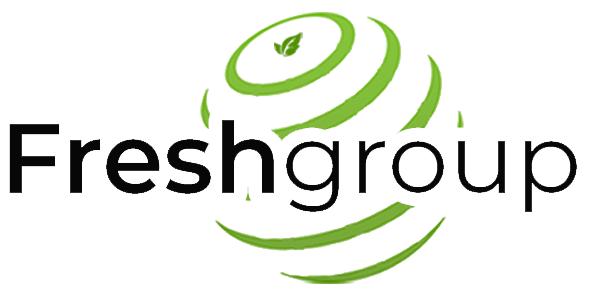In recent months, a surge in food recalls has gripped the attention of both consumers and industry insiders alike. From kielbasa to frozen dumplings and queso fresco, a wide array of products has been flagged for safety concerns, prompting swift action from regulatory authorities. In January 2024 alone, the FDA recorded a staggering 46 recalls, marking a 31 percent increase compared to the previous year’s fourth-quarter monthly average.
The reasons behind these recalls range from common pathogens like listeria and Salmonella to more unconventional contaminants such as lead, foreign objects, and non-food grade oil. Compounding these issues are labeling errors, particularly relating to allergens, which have further exacerbated the situation.
Underpinning these challenges is a fragmented approach to recall management, characterized by isolated actions from individual companies. Despite concerted efforts from both industry players and regulatory bodies over the past three decades, the response to recalls has failed to keep pace with technological advancements and the evolving landscape of food distribution.
At the heart of this issue lies a lack of supply chain collaboration, with companies operating in silos rather than embracing a unified approach. Traditional mock recalls, often limited to static tabletop exercises, have proven inadequate in preparing businesses for real-life scenarios, leading to crisis characterized by inaccuracies, communication breakdowns, and delays.
To address these shortcomings, industry leaders are calling for a paradigm shift towards Recall Ready Communities – collaborative networks that prioritize standardized data, shared simulation exercises, and robust communication channels. By fostering greater cohesion across the supply chain, these communities aim to streamline recall procedures, minimize risks to consumers, and safeguard the reputation of food businesses.
Central to this transformation is the adoption of modern technologies and communication strategies tailored to meet the evolving needs of consumers. As information consumption patterns continue to evolve, businesses must develop concise, action-oriented recall notices delivered through a variety of digital channels to ensure maximum visibility and responsiveness.
However, the road to a unified recall system is not without its challenges. Addressing issues such as standardization of data and widespread adoption of technology will require concerted efforts on a national and global scale. Only through collaborative action and a commitment to best practices can the industry hope to usher in a new era of food safety and consumer protection.
Source: FSN
Reach out to Fresh Group Food Safety And Quality Consulting for any inquiries related to food quality and safety.




